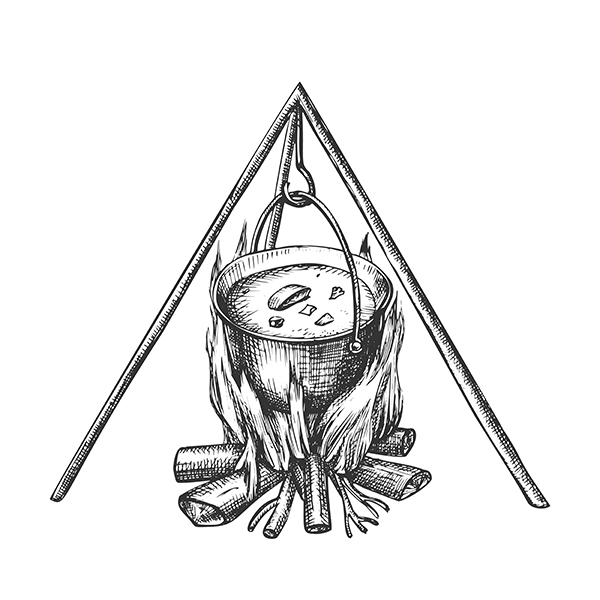
In a couple earlier posts, I wrote briefly and inexpertly about Plato. I did so mainly so I could pivot toward Epicurus, who provides another way of thinking about food and philosophy. I’m not a classicist, nor a philosopher by trade, but I do like to trace things backwards and try to understand how we got to where we are. 1 In pivoting toward Epicurus, I think we might be able to highlight different starting points that aren’t possible if we begin with Plato.
According to peer-reviewed academic sources like the IEP, “Epicurus rejected the existence of Platonic forms and an immaterial soul, and he said that the gods have no influence on our lives.” Epicurus was coming on the scene (figuratively speaking) in Athens as Plato was exiting it. His school was called The Garden. There, he taught the “basis of a radical materialism which dispensed with transcendent entities such as the Platonic Ideas or Forms,” so that “he could disprove the possibility of the soul’s survival after death, and hence the prospect of punishment in the afterlife,” according to the Standford Encyclopedia of Philosophy. The materialism taught by Epicurus is radical because it frees humans up to stop worrying about death, deities, and the afterlife and pursue pleasure in the life that can be perceived by the senses. 2
The philosophy of Epicurus might be hedonism, depending on how one defines hedonism. However, it’s not gluttony or self-indulgence. It may not even be pleasure-seeking (and it’s certainly not whatever a Google search using the search terms “pleasure” and “seeking” would return). More accurately, from what I understand, Epicurean philosophy could be described as “anxiety avoidant.”



